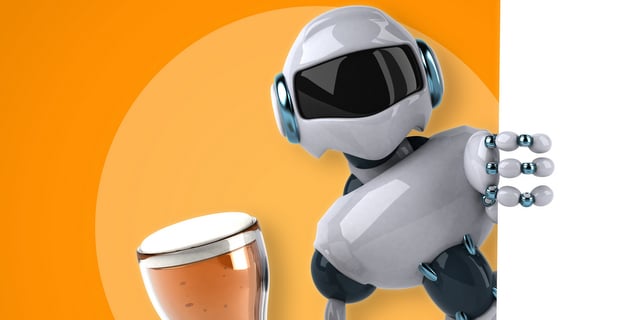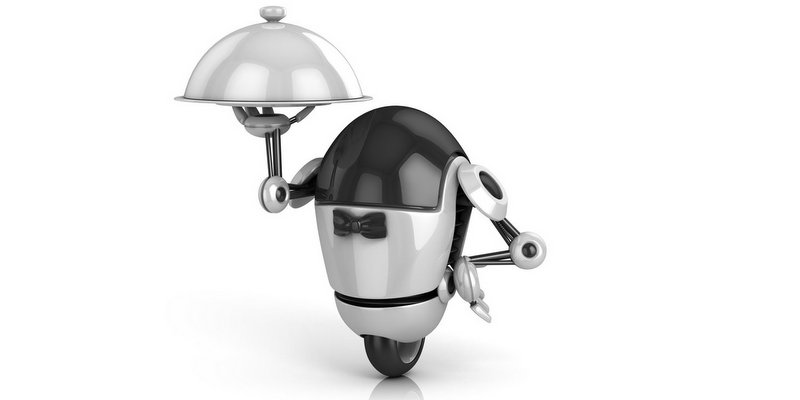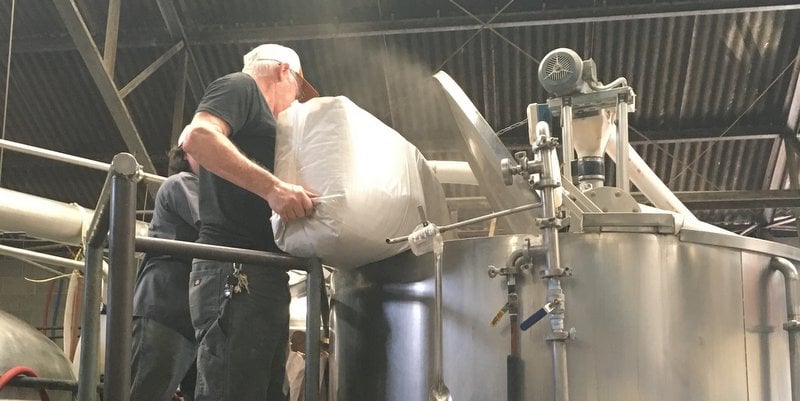
After disrupting different industries, artificial intelligence (AI) is now coming to make alcoholic beverages. We’ve run editorial explaining the benefits of automation and robotics for breweries that can afford it because of the gains in efficiency, accuracy and quality, while allowing brewery employees to focus on more human, less mechanical tasks. Artificial intelligence is that next step forward in efficiency, and some of the world’s largest breweries are starting to brew with AI, but is this a growth path breweries should pursue? Shagun Sachdeva, Consumer Insights Analyst at GlobalData, sees the upside but overall isn’t so sure. Here are the thoughts she sent our way.
“Technologies such as AI and machine learning are shaping a new era of personalization, giving rise to new products and functionality in the food and beverage industries. According to GlobalData’s 2018 Consumer Survey, 38 percent of consumers in the Asia-Pacific (APAC) region said that they were ‘often influenced’ by how enjoyable or unique the product is when purchasing an alcoholic drink, with 26 percent saying ‘always influenced.’
“As the field of AI continues to grow, leading breweries in APAC are embracing the latest technologies to create better customized taste combinations and ensure higher-quality products that meet food-safety regulations. For instance in 2017, Japanese brewery Kirin Holdings Co. collaborated with Mitsubishi Research Institute to employ AI for determining optimum brewing formulas. The machine learning-based algorithm will analyse 20 years’ worth of data to customize various factors like flavor, aroma and alcohol content of the beer, thereby shortening the time period for product development.
“Another Japanese brewery Asahi Shuzo had partnered with Fujitsu Limited and Fujitsu Laboratories in April 2018 to launch a trial to brew DASSAI sake using predictive AI model — Fujitsu Human Centric AI Zinrai. By combining a mathematical model defining the process of sake brewing with machine learning that uses data obtained in the brewing of DASSAI, this predictive AI model technology will provide data to support an optimized sake brewing process. Asahi hopes to not only maintain the sake quality but also overcome labor shortage problem in Japan’s aging society.
“However, brewers contemplating to incorporate AI in their operations must understand the challenges that come with its adoption. With cost being the leading factor, brewers need to be ready with deep pockets. Another challenge is whether to build in-house technology or buy it. Even when the brewers find the perfect vendor, another obstacle will be integrating and using the new AI technology with the existing system. On top of it, in a competitive market environment where companies are known to guard their secret recipes fiercely, analyzing AI solution would be just as good as looking at a black box without understanding how this technology is adding value and how sustainable that value-addition is.”






Leave a Reply
You must be logged in to post a comment.